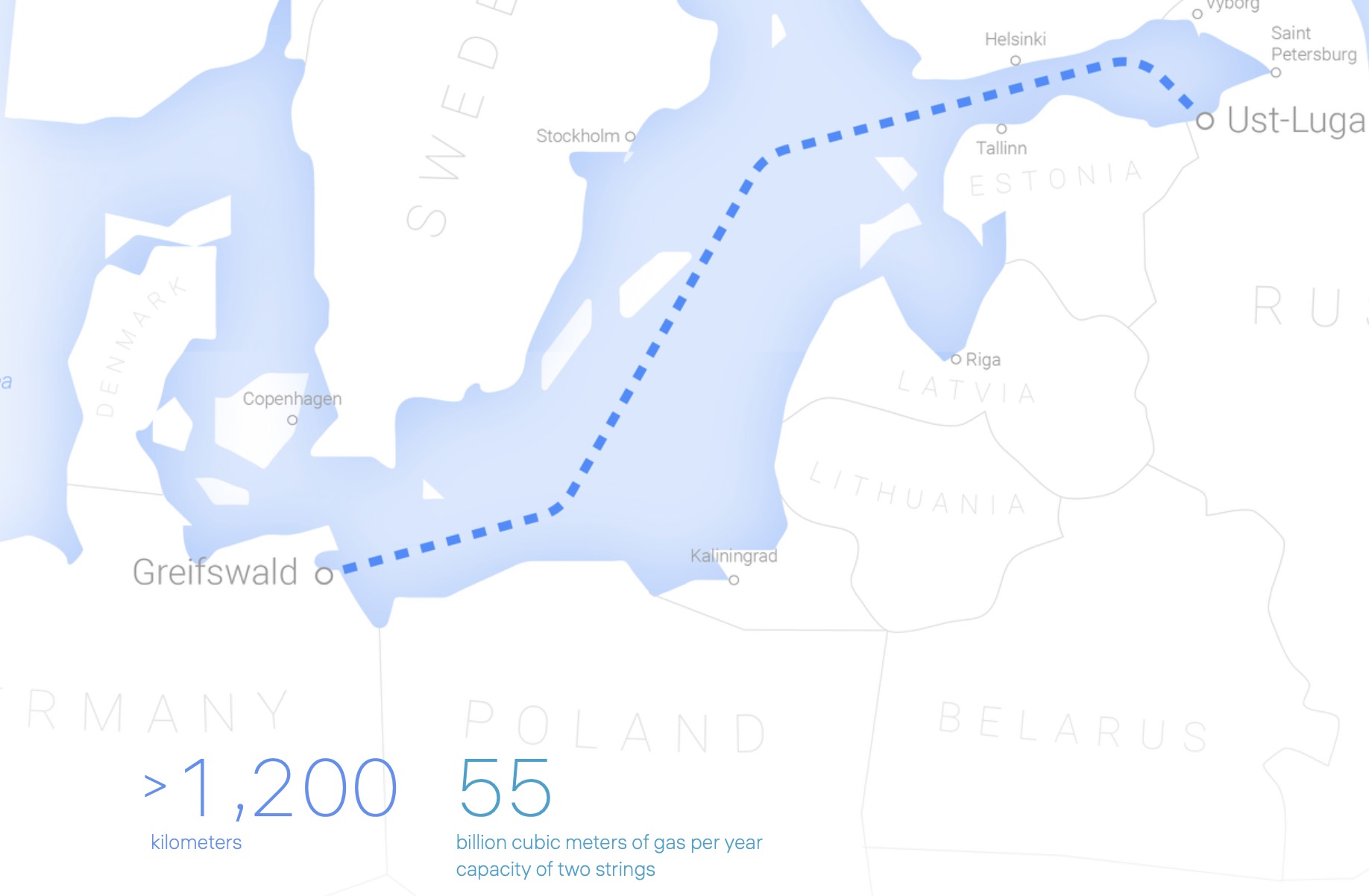The European Union (EU) Court of First Instance has dismissed a lawsuit filed by Nord Stream 2 AG - the company behind the Nord Stream 2 pipeline project, a unit of Gazprom - challenging some of Europe's internal market rules.
According to Reuters, in the Nord Stream 2 lawsuit, the court affirmed that the EU legislature did not violate the principle in the case.
The court stressed that Nord Stream 2 AG developed and continued to invest in the gas pipeline during a period when the company did not have guarantees that EU law would continue to be favorable to the development of the pipeline.
"Nord Stream 2 AG could foresee that EU institutions and some member states... would use their powers to extend internal market rules," the court said.
The owner of the Nord Stream 2 pipeline has lost its latest legal battle against EU gas market rules, Bloomberg has confirmed, in a symbolic court defeat for the now-shuttered Nord Stream 2 project.
The EU’s Court of First Instance said in its November 27 re-examination of the case that the Gazprom-controlled Nord Stream 2 project should have anticipated that the EU would use its powers to “extend internal market rules to take account of gas pipelines from third countries.”

Nord Stream 2 AG in Zug, Switzerland, has been suing the EU since 2019 over restrictions on gas import infrastructure operated directly by suppliers.
In 2020, the EU's Court of First Instance dismissed the Nord Stream 2 operator's lawsuit, but the bloc's top court later ordered a review of the decision.
While the ruling is a loss for the owners of the gas pipeline linking Russia to Germany across the Baltic Sea, it is unlikely to have any immediate impact on the pipeline, which was partially destroyed in September 2022.
Nord Stream 2 AG filed for bankruptcy shortly after the Russia-Ukraine conflict broke out in early 2022. Although plans for Nord Stream 2 remain unfinished, the gas pipeline could eventually be revived as American businessman Stephen P. Lynch has emerged as a potential investor, according to the Wall Street Journal.
Nord Stream 2 is designed to transport up to 55 billion cubic meters of Russian gas to Germany each year and is ready to start full-scale deliveries despite US sanctions.
Approval from Germany's energy regulator and EU officials was the final hurdle for Nord Stream 2, but Berlin backed away from the decision as the Russia-Ukraine conflict erupted.
The Nord Stream and Nord Stream 2 sabotage in September 2022 damaged both Nord Stream branches as well as one branch of Nord Stream 2. The Nord Stream explosion highlighted the vulnerability of undersea infrastructure and prompted an increased military presence in the Baltic Sea.











